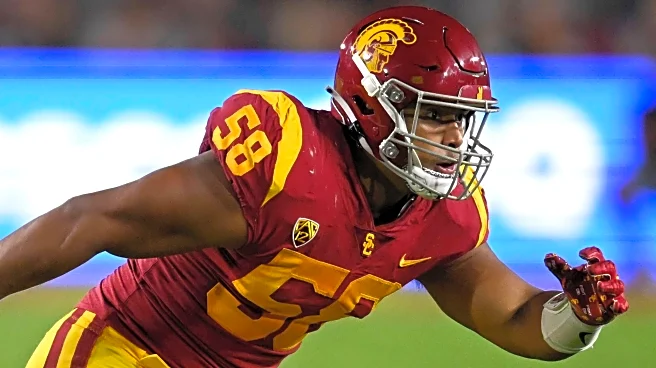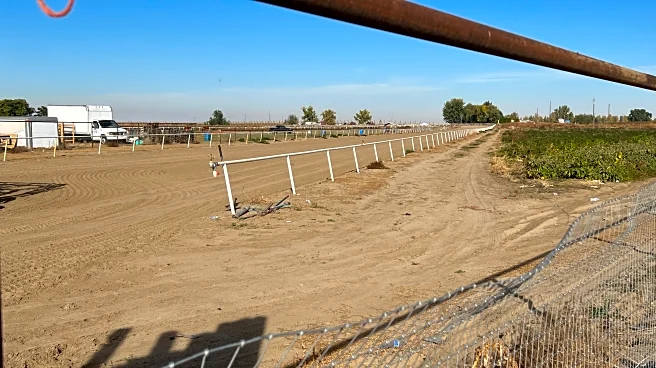Rapid Read • 8 min read
Authentic Brands Group acquired Reebok in 2022, separating it from Adidas, which had owned the brand since 2005. Under Adidas, Reebok was limited to niche categories like cross-training, but Authentic Brands Group aims to revitalize Reebok, particularly in basketball. The company appointed retired NBA stars Shaquille O'Neal and Allen Iverson to lead basketball operations and signed WNBA star Angel Reese to a multiyear deal. Reebok has expanded its distribution, partnering with JD Group and Italy-based Slam Jam to increase its presence in the U.S. and Europe. Despite skepticism about Authentic Brands Group's commitment to sports, Reebok's sales have increased significantly, with plans to reach $10 billion by 2027.
AD
Reebok's renewed focus on basketball is significant as it attempts to regain its cultural and market influence. The brand's strategy to leverage basketball's crossover appeal with lifestyle and culture could help it capture a larger share of the sportswear market. However, skepticism remains about Authentic Brands Group's long-term commitment to Reebok, given its history of managing distressed brands. Success in basketball could enhance Reebok's brand value and market position, but challenges persist, including declining basketball shoe sales and competition from larger brands. The outcome of this strategy could impact Reebok's future and the sportswear industry.
Reebok plans to continue expanding into sports categories beyond basketball, including golf, pickleball, padel, tennis, and soccer. The brand's European headquarters will move back to London, supporting its growth strategy. Authentic Brands Group's commitment to Reebok will be tested as it seeks to balance innovation with profitability. The success of Angel Reese's signature shoe and other initiatives will be crucial in determining Reebok's ability to achieve its ambitious sales goals. Stakeholders will watch closely to see if Reebok can sustain its momentum and overcome market challenges.
The broader implications of Reebok's strategy include potential shifts in the sportswear market, where cultural relevance and lifestyle integration are increasingly important. Authentic Brands Group's approach to managing Reebok could influence how other brands navigate the balance between heritage and innovation. The focus on basketball and other sports may also reflect changing consumer preferences and the growing importance of women's sports in the industry.
AD
More Stories You Might Enjoy












